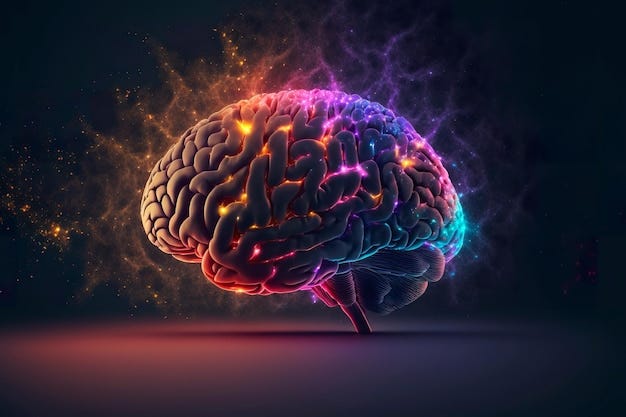Electrophysiology refers to the investigation of the electrical properties of various cells and tissues. It plays a crucial role in the field of cardiology nowadays. For that, Evoke Neuroscience will discuss various applications of electrophysiology in diagnosing and treating various heart conditions, demonstrating its significance in modern medicine.
Electrophysiology in Diagnosing Heart Diseases
Electrophysiology offers several key techniques for diagnosing cardiac conditions. First, electrocardiograms (ECGs) are a primary non-invasive technique that records the electrical activity of the heart, providing valuable insights into heart rhythm, and identifying abnormalities.
Second, Holter monitoring is a continuous ECG recording done over 24 to 48 hours for detecting arrhythmias that may not appear in a standard ECG. Event monitors are portable devices, similar to Holter monitors, but used over longer periods (weeks to months) to catch infrequent arrhythmias.
Lastly, electrophysiology Studies (EPS) are invasive procedures where electrodes are threaded into the heart through a vein. They can assess complex arrhythmias, determine the need for a pacemaker, or guide treatment plans.
Electrophysiology in Treating Heart Diseases
Electrophysiology facilitates several groundbreaking treatments for heart diseases. First, doctors use either drugs or an electrical shock to restore the heart’s normal rhythm, typically used in emergencies.
Second, catheter ablation involves the process of threading a catheter through the blood vessels into the heart. Radiofrequency energy is then used to destroy the problematic heart tissue causing the abnormal rhythm.
Pacemakers and Implantable Cardioverter Defibrillators (ICDs) are implanted under the skin, and wires are threaded into the heart to regulate the heart’s rhythm. Evoke Neuroscience Lastly, Cardiac Resynchronization Therapy (CRT) uses an electronic device to effectively improve the heart’s strength and efficiency, specifically for people with heart failure.
The Future of Electrophysiology in Cardiology
With the rapid advancement in medical technology, the role of electrophysiology in cardiology is continually evolving.
For one, robotics and AI technologies are beginning to shape the field, making procedures safer, more precise, and potentially accessible to a wider number of patients. Also, genomic information can pinpoint specific mutations, leading to personalized treatments for hereditary cardiac conditions.



